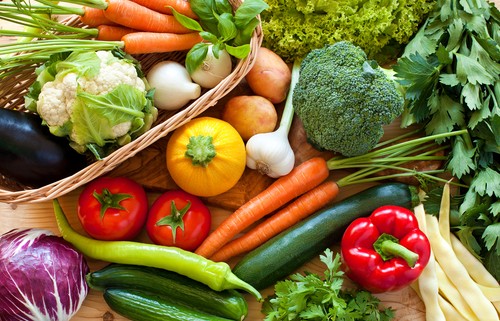Low-nickel diet scoring system for systemic nickel allergy – Review
Original article: HERE
Mislankar M, BS, Zirwas MJ, MD. Low-nickel diet scoring system for systemic nickel allergy. Dermatitis. 2013;24:190-5.
Review by Annelise Rasmussen, BS. MSI, Loma Linda University
In patients with severe recalcitrant allergic contact dermatitis a low nickel diet may improve skin symptoms. Symptom severity directly correlates to the amount of ingested. Therefore, a low nickel diet can reduce cutaneous manifestations of nickel allergy.
Mislanker and Zirwas propose a point-based diet centered upon the nickel content of various foods in order to help patients lower nickel intake and therefore reduce symptoms. Guidelines included in the proposed diet include[1]:
- Be persistent, the low nickel diet may take up to 2 months before improvement.
- Limit dietary intake of nickel to less than 150 μg/day. This limit may be lowered in cases of children or more sensitive patients to 100 μg/day.
- One point is assigned for every 10 μg of nickel consumed, giving a daily limit of 15 points.
- In general high nickel foods such as all beans, chocolate, soy, nuts, oatmeal, and granola should be avoided.
- Stainless steel cookware should not be used when preparing or cooking acidic foods such as tomatoes, vinegar, or citrus.
- Vitamin C tablets can help prevent nickel from being absorbed in the gut. All other vitamins or supplements should be avoided.
- Bottled or distilled water should be used for drinking and cooking.
[1] Mislankar M, BS, Zirwas MJ, MD. Low-nickel diet scoring system for systemic nickel allergy. Dermatitis. 2013;24:190-5.
Find out more about foods that contain nickel in our dedicated guide to a low nickel diet HERE.



Hello, I am recently diagnosed with nickel allergy and trying the low nickel diet. It is NOT going well because I am a gluten free vegan who loves chocolate and nuts and seeds and beans, etc etc. Basically everything I like is not allowed. I was wondering about the part about the ONLY vitamin and supplement allowed is Vitamin C….are you serious? As a vegan, I do take many supplements both whole food powders and some herbal supplements. Some things vegans can not get from diet, especially when you add the low nickel restriction. How can I manage? Also there are a bunch of food items I did not see on your lists with the amounts so I was wondering if you know of another resource for locating the nickel amounts? Thanks
There is a new nickel food counting app available on the app store.